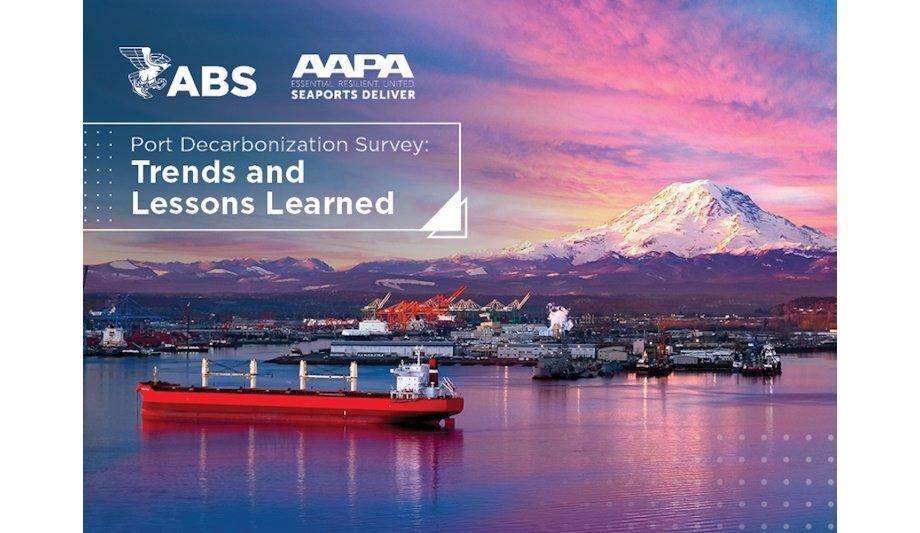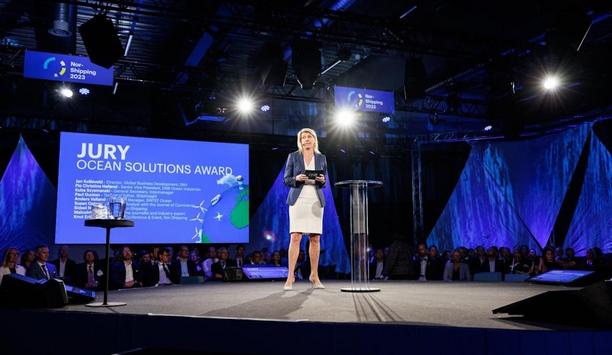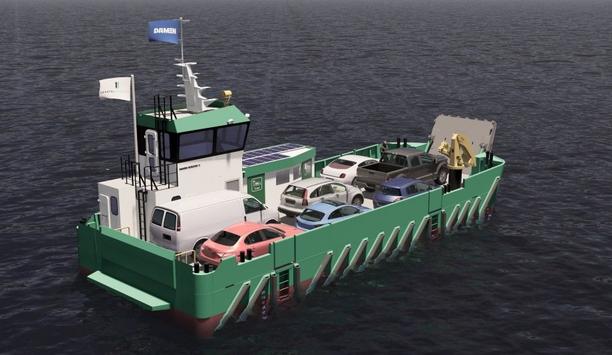While most American ports have decarbonisation plans in place, a new report shows there are significant challenges to advancing emission-reduction projects, including financial constraints, low technology readiness and physical space limitations.
Those are some of the key takeaways from a new joint publication between ABS and the American Association of Port Authorities (AAPA), Port Decarbonisation Survey: Trends and Lessons Learned.
Technological breakthroughs
The report is based on feedback from AAPA members and represents the culmination of a joint development project (JDP), a unique collaboration between AAPA and ABS providing perspectives from both port authorities and vessel operations experts.
The report is based on feedback from AAPA members and represents the culmination of JDP
“ABS is actively involved in several infrastructure planning projects around the world, especially regarding shore power connection technologies and the electrification of ports. This report provides an important benchmark for ABS to understand the ability and interest in decarbonisation infrastructure at U.S. ports. ABS is uniquely positioned with our deep expertise in regulatory compliance and technological breakthroughs to bring together diverse maritime stakeholders to advance the conversation around sustainability and emissions reduction strategies,” said Panos Koutsourakis, ABS Vice President, Global Sustainability.
Fuel and electrification options
“Maritime is by its very nature a cleaner form of transportation, and this survey shows that various ports are already pioneering emissions mitigation efforts in alternative fuel and electrification options. AAPA intends to leverage this research to push for wise and realistic policies - with collaboration from public and private partners - towards an increasingly sustainable future for the port and maritime industry,” said Cary S. Davis, AAPA President and CEO.
“The Georgia Ports Authority is dedicated to decarbonisation on a number of fronts, including through the electrification of cargo-handling equipment,” said Tiffoni Buckle McCartney, Manager of Corporate Sustainability at the Georgia Ports Authority and Chair of the AAPA Environment Committee. “This report will help port staff across the country learn from their colleagues, and it will help policymakers understand what is needed to advance port decarbonisation.”











